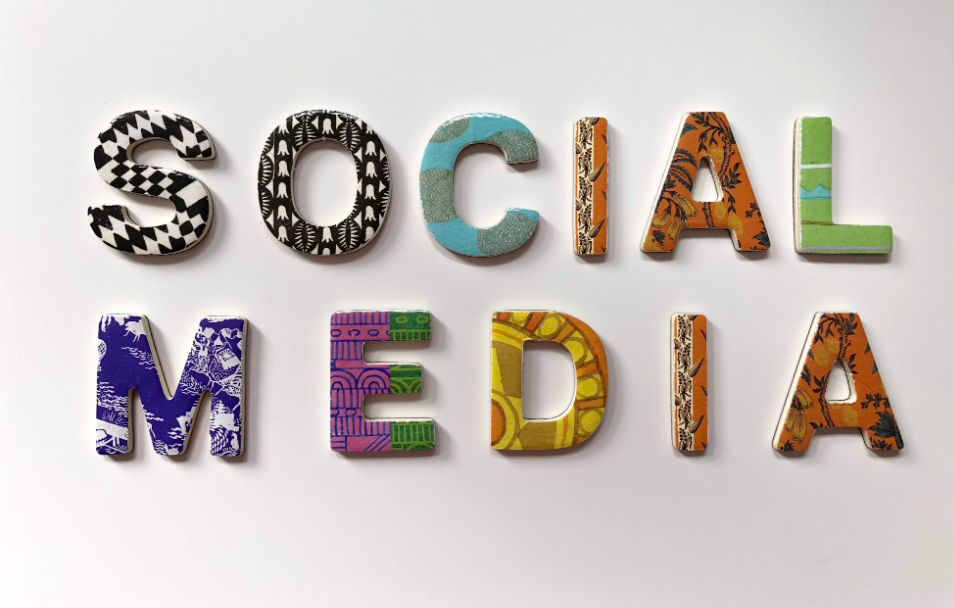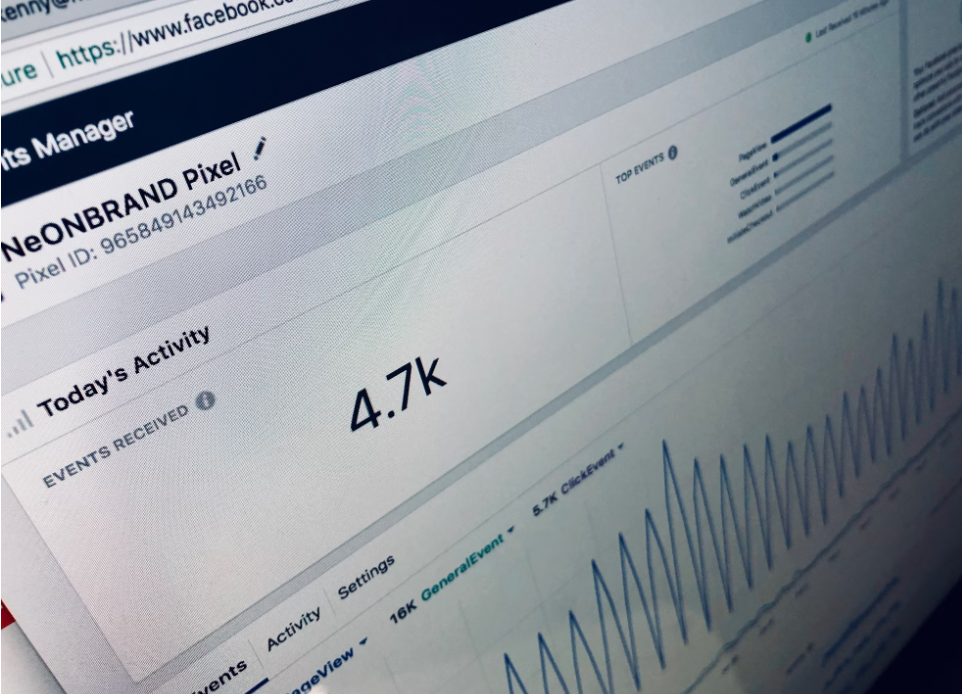Social Media Needs Diversity: Here’s Why

In today’s digital age, social media has become an integral part of our lives. It has revolutionized the way we connect, communicate, and consume information. But have you ever stopped to think about the lack of diversity on these platforms? From the dominating presence of major platforms to the homogeneous content that fills our feeds, social media is in desperate need of diversity. Let’s dive deeper into why diversity is crucial for the future of social media.

Understanding the Current State of Social Media
Social media has quickly evolved into a powerful force, shaping opinions and influencing behavior on a global scale. Major platforms like Facebook, Instagram, and Twitter dominate the landscape, attracting billions of users. These platforms have undoubtedly revolutionized the way we interact, but their dominance comes at a cost.
Despite the vast number of users, the content on these platforms often lacks diversity. Homogeneity is the norm, with popular trends and influencers shaping the majority of what we see. This lack of diversity narrows our perspectives and limits the potential of social media as a platform for genuine communication and understanding.
Furthermore, the rise of algorithm-driven content curation has led to the creation of echo chambers, where users are exposed only to information that aligns with their existing beliefs. This phenomenon reinforces biases and hinders critical thinking, as individuals are less likely to encounter diverse viewpoints that may challenge their perspectives.
Moreover, the monetization of social media has given rise to influencer culture, where individuals with large followings wield significant power and influence over their audiences. This has blurred the lines between authentic content and sponsored posts, leading to questions about transparency and authenticity in online interactions. As users navigate this complex digital landscape, it becomes increasingly important to critically evaluate the information we consume and consider the underlying motivations behind the content we encounter.
Expanding on the significance of diversity in social media, it’s important to acknowledge the impact it has on fostering creativity and innovation. When a diverse range of voices is heard and celebrated on social media platforms, it opens up opportunities for unique and groundbreaking ideas to emerge. Different perspectives can lead to the creation of content that is not only engaging but also thought-provoking, pushing the boundaries of what is considered conventional.Moreover, diversity in social media can have a positive influence on society as a whole. By showcasing a multitude of voices and experiences, these platforms have the power to challenge stereotypes and break down barriers. Through authentic representation, social media can promote empathy, understanding, and unity among individuals from various backgrounds. This can contribute to building a more inclusive and harmonious digital community where everyone feels valued and respected.
The Impact of Lack of Diversity on Social Media
When social media content lacks diversity, it reinforces stereotypes and biases. Users are often exposed to a single narrative, perpetuating harmful generalizations and limiting our understanding of the world. This not only hampers social progress but also undermines the potential for creativity and innovation.
By limiting the voices and perspectives that are showcased, social media platforms inadvertently restrict the opportunities for fresh ideas and creative collaborations. A diverse range of content creators brings unique storytelling and fresh perspectives to the forefront, driving innovation and pushing the boundaries of what is possible.
Furthermore, the absence of diversity on social media can lead to a lack of representation for marginalized communities. When certain groups are consistently underrepresented or misrepresented, it can perpetuate feelings of exclusion and inadequacy among individuals who do not see themselves reflected in the content they consume. This can have a detrimental impact on mental health and self-esteem, as individuals may internalize the idea that their voices and experiences are not valued.
In addition, a lack of diversity in social media content can hinder the development of empathy and understanding among users. Exposure to a variety of perspectives and experiences is crucial for fostering empathy and breaking down barriers between different groups. When social media platforms fail to provide a diverse range of voices, users are deprived of the opportunity to broaden their worldview and cultivate a deeper sense of compassion and understanding for others.

Strategies for Increasing Diversity on Social Media
Increasing diversity on social media requires a collective effort, from both users and platform developers. Encouraging user-generated content is one effective strategy. Empowering users to share their experiences, stories, and viewpoints helps create a more diverse and inclusive space.
Platform developers can also play a crucial role by implementing inclusive algorithms. Algorithms that prioritize diverse content and actively promote underrepresented voices can help break the cycle of homogeneity on social media platforms.
Another important aspect to consider when aiming to increase diversity on social media is fostering a sense of community among users. Building online communities that celebrate diversity and provide a safe space for individuals to express themselves can lead to a more inclusive environment. Encouraging interactions between users from different backgrounds can help broaden perspectives and promote understanding.
Moreover, incorporating features that highlight diverse voices and perspectives can significantly impact the overall inclusivity of a social media platform. For instance, showcasing diverse creators, stories, and cultural events can attract a wider audience and encourage engagement from users who may feel underrepresented in mainstream media.

The Role of Social Media Platforms in Promoting Diversity
While individual efforts are vital, social media platforms themselves have a responsibility to foster diversity and inclusion. Policies for diversity and inclusion should be in place, ensuring that diverse voices are not only welcomed but actively supported and elevated.
Moreover, the power of platform design should not be underestimated. By creating intuitive and user-friendly interfaces that encourage exploration and discovery, social media platforms can help amplify diverse voices and content that might otherwise go unnoticed.
One key aspect of promoting diversity on social media platforms is the implementation of algorithms that prioritize diverse content. These algorithms can be designed to showcase a variety of perspectives, ensuring that users are exposed to a wide range of voices and opinions. Additionally, features such as content recommendations and personalized feeds can be tailored to promote inclusivity and expose users to content from creators of different backgrounds.
Furthermore, social media platforms can collaborate with diversity and inclusion experts to develop training programs for their employees. These programs can help staff members understand unconscious biases, cultural sensitivities, and the importance of inclusive language. By investing in such training, platforms can create a more welcoming environment for users from diverse backgrounds and ensure that their policies and practices align with principles of equity and representation.
Social Media Needs Diversity: Embrace the Change
In conclusion, social media needs diversity for it to reach its full potential as a platform for genuine communication, understanding, and innovation. By understanding the current state of social media, recognizing the importance of diversity, and implementing strategies to increase diversity, we can create an online space that truly reflects the richness and diversity of our society.
Ultimately, it is up to all of us, as users and creators, to demand and embrace the change we want to see on social media. Let’s work together to make social media a more inclusive, representative, and diverse platform for the betterment of all who engage with it.
As we embrace the change towards a more diverse and inclusive social media landscape, your brand’s visual identity should reflect that same commitment to diversity. With Boon, you can create a custom logo that resonates with your diverse audience and tells your unique story. Whether you’re looking to engage users, strengthen your business, or stand out in any industry, Boon’s AI-driven software is here to help you design a logo that’s as vibrant and varied as the community you serve. Let’s make a logo! and take a step forward in representing the rich tapestry of voices in our digital world.
